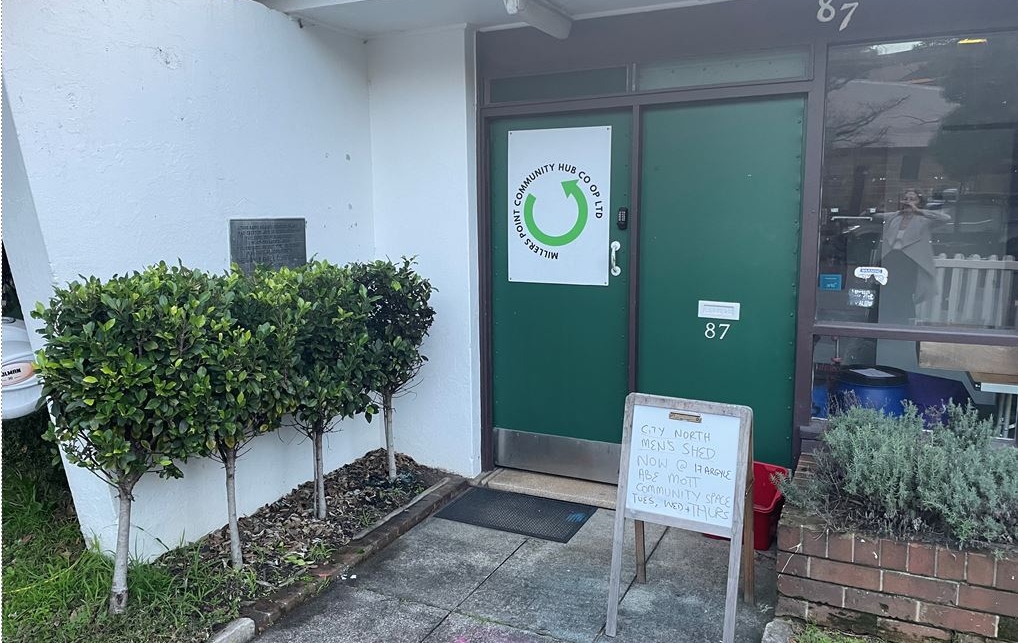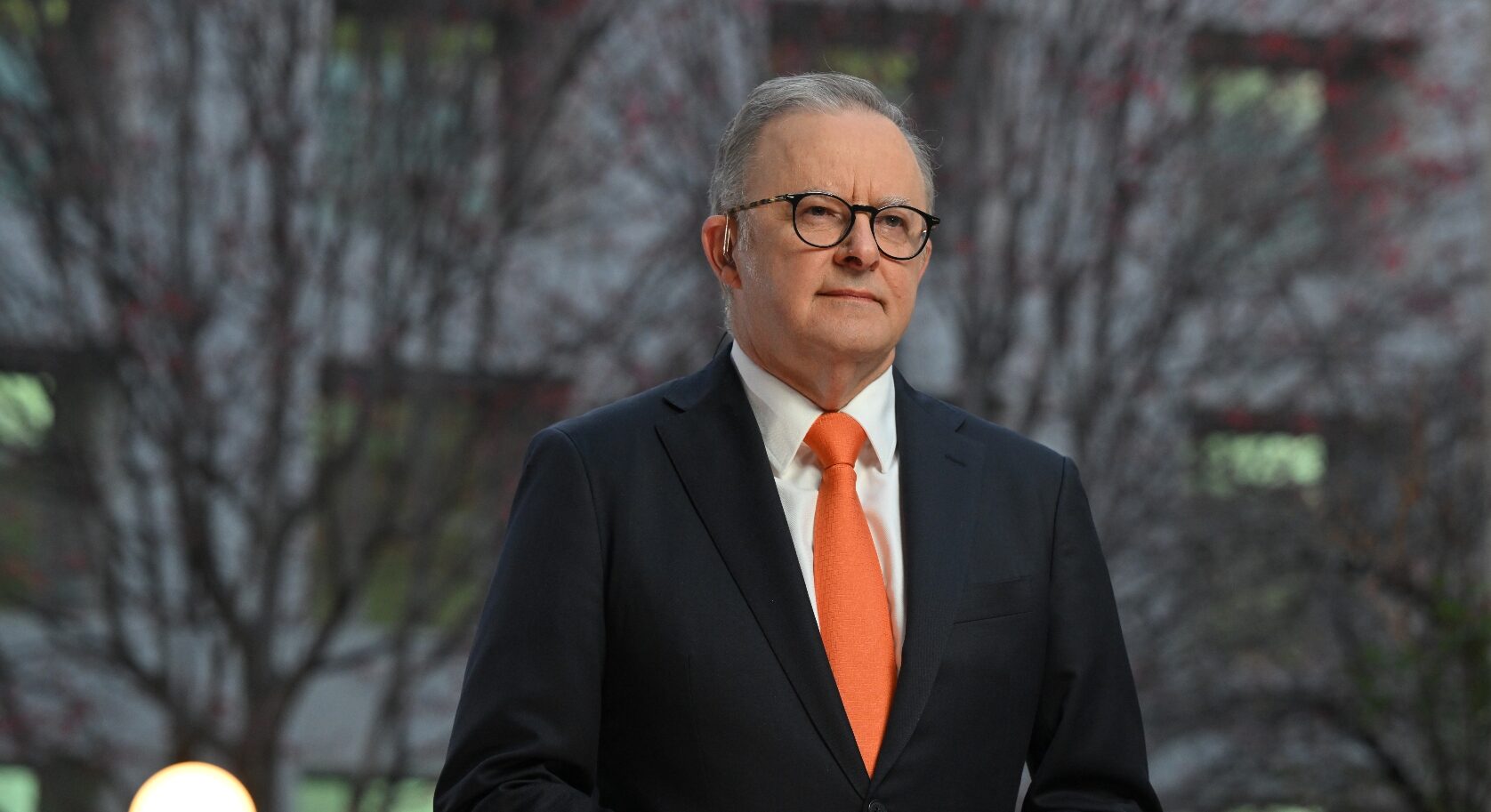

By WILLIAM MCLENNAN
Workloads for teachers across Australia have ballooned as expectations rise that they exhibit a dual function: as educational instructors and quasi-parents, experts say.
Tasked with educating students on increasingly diverse topics such as consent and youth mental health, teaching staff have taken on massive workloads with little reward, pushing to leave the profession entirely.
Professor David Lynch, an acadamic staff member at Souther Cross University’s School of Education, said, “pick up any newspaper, read an education blog, listen to the nightly news and you hear increasing calls for schools and their teachers to do more. Think, teaching surf safety, personal safety, consent education.”
“Couple this with explosions in new knowledge as a consequence of technological innovation, and with increasing calls for teachers to take a greater role in the welfare of students (roles traditionally undertaken by parents) and you end up with a crowded curriculum.”
Curtin University’s Dr Saul Karnovksy, a specialist in the fields of teacher emotions, pedagogy and classroom management, said “teachers feel that the Australian public do not value their work and at worst portray teachers as ineffective, out of touch or as ‘glorified babysitters’.”
“Teachers must fill the vacuum that is left when communities and families break down,” he added.
60 hour work weeks have become the norm to keep up with demands imposed because of the nation-wide teacher shortage. Many of these hours fall outside of customary school hours. The adverse working conditions teachers face today has made the benign commitment of many school staff to changing lives increasingly troublesome.
According to Dr Karnovksy, “teachers at all career stages face unmanageable workloads defined by increasing levels of administrative and accountability requirements.”
This detracts from “meaningful teaching and learning with students”.
Increased levels violence and abuse directed towards teachers nation-wide has also made their role in contemporary Australia difficult, alongside their parenting function, Dr Karnovsky pointed out.
Professor David Lynch said that teachers are not prepared for new responsibilities or compensated adequately.
“They have too many new responsibilities and concerns, which they have not been prepared for, and accordingly, we get stressed out, disillusioned teachers.”
To add insult to injury for an already depleted profession, the state government reneged last week on a one year pay deal to increase pay for the teaching profession. The NSW government has instead proposed a new four year deal with an 8 percent pay rise in the first year and a cap of a 2.5 percent for wage increase for the three years after that.
NSW Teachers Federation President Henry Ravendjra told City Hub of the union’s disappointment with the breakdown of negotiations.
“While workloads of teachers have increased every year, their salaries have fallen in comparison with other professions. Vacancies will continue to increase unless this is addressed. If we don’t pay teachers what they are worth, we won’t get the teachers we need,” Ravendjra stated.
Dr Megan Stacey, a senior lecturer in the UNSW School of Education, emphasised the importance of improved pay for staff attraction and retention within the nation’s education system.
She said, “teaching won’t be the attractive profession that it should be until the true load and intensity of teachers’ work is properly recognised and remunerated through fairer pay and conditions.”









